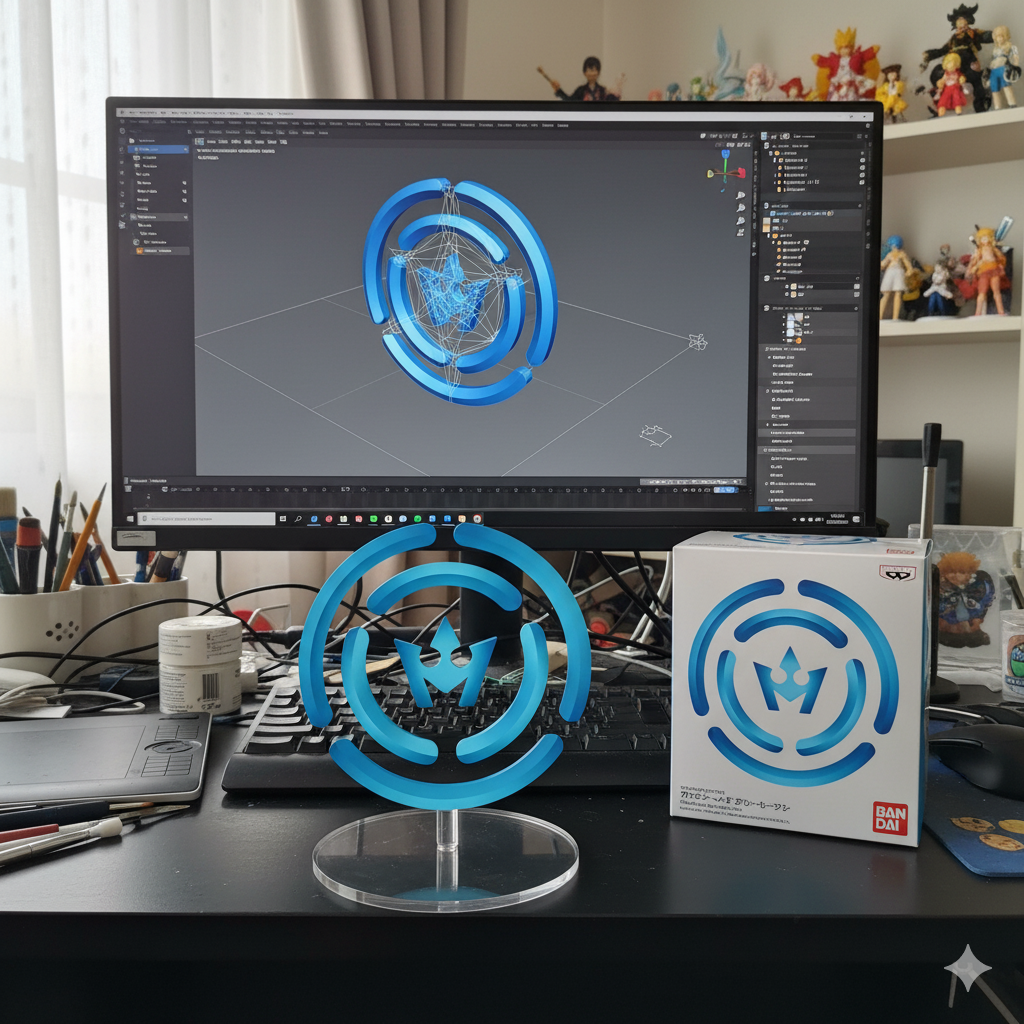As conversational AI such as ChatGPT gains popularity, the manner in which we search is changing at its core. This blog examines if tools such as ChatGPT are actually challenging Google's reign, how consumer habits are shifting, and what it portends for the future of search engines. From instant, tailored responses to the changing game of AI-powered assistants, we delve into the struggle between legacy search and AI-driven innovators.

Is ChatGPT Killing Google? A Deep Dive Into the Search Wars
Is ChatGPT Killing Google? A Deep Dive Into the Search Wars
The Dawn of a Shift
For more than two decades, Google has been the unchallenged king of searching. "Just Google it" was second nature to billions. But in late 2022, ChatGPT burst onto the public scene—and it didn't just impress; it transformed the conversation. Literally.
All of a sudden, people weren't punching keyword-saturated queries into a search bar—they were asking questions as if they were speaking to a human. And instead of receiving a list of links, they were getting immediate, contextual answers.
This is not a new tool. It's a new paradigm.
Why People Are Switching
1. Speed: No more clicking through 5 links to find the one sentence you need.
2. Clarity: Complex topics get simplified in one go.
3. Focus: Fewer distractions—no ads, popups, or SEO-stuffed fluff.
4. Convenience: Ask follow-up questions without starting over.
In a world where time is the new currency, ChatGPT feels like a premium experience—for free.
But It's Not All Perfect (Yet)
Though engaging, ChatGPT is not a full replacement—yet.
- Live information? ChatGPT's responses are frequently based on a snapshot of training data, not the latest developments. (Unless it's live-browsing.)
- Citations and credibility? ChatGPT won't always display sources, making it difficult to confirm.
- Bias and hallucinations? AI can still invent facts or echo biased trends from the data it was trained on.
While Google is best at delivering timely, source-attributed, factual information—particularly on breaking news, shopping, or local services.
The Future of Search: Hybrid or Head-to-Head?
Google is aware of the game in transition—and it's acting quickly. From injecting Gemini AI into search directly to introducing AI Overviews, Google is shifting toward conversational search as well.
At the same time, OpenAI (ChatGPT's creator) teamed up with Microsoft, integrating ChatGPT into Bing, Edge, and Office applications, pushing boundaries on user engagement with information.
The outcome? We might be moving toward a hybrid search age, where:
- Google incorporates more AI-driven responses in advance
- AI assistants such as ChatGPT acquire browsing functions
- Customers combine both according to intent: "search" vs. "ask"
What This Means for You
Whether you're a user, a creator, a marketer, or just interested—this change has implications.
- For users: Get ready for quicker, wiser answers—and for the need to check.
- For businesses: Search strategies will have to change in response to AI-based discovery.
- For tech enthusiasts: It's a front-row seat to one of the largest shifts in digital history.





